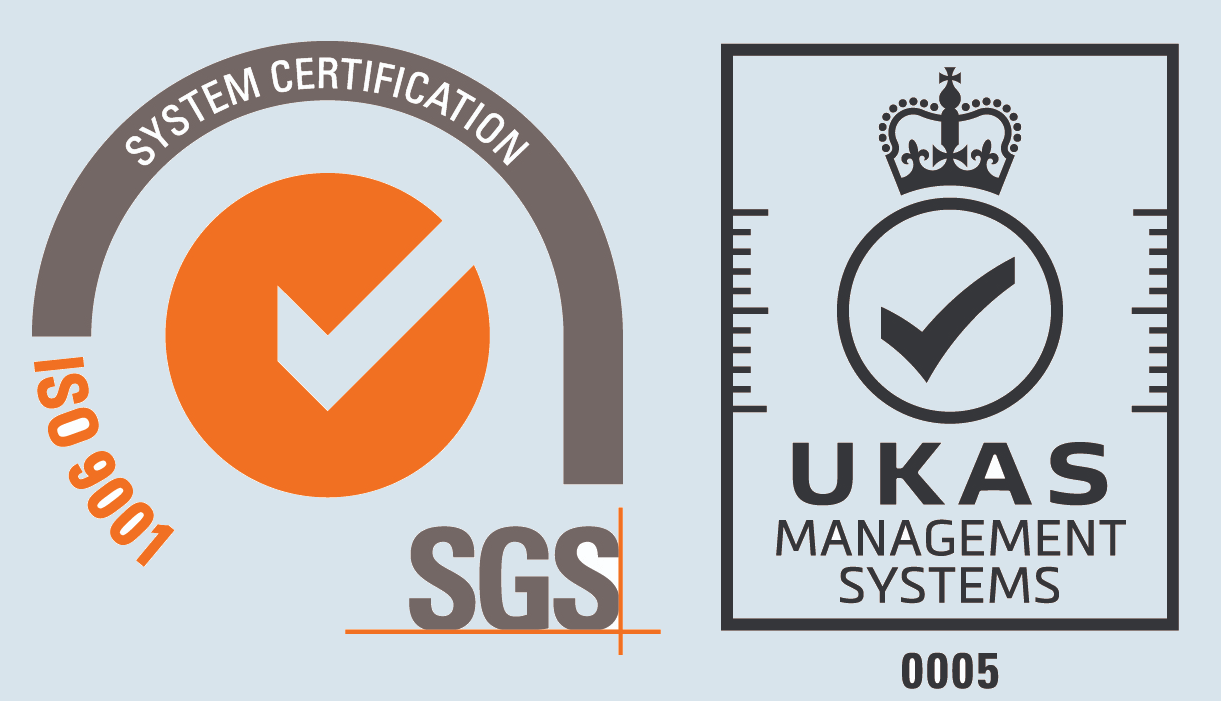
Stainless Steel Metal Glossary
Manipulation Tests
Tests performed on full section or sector specimens to evaluate the ability of the work-piece to withstand possibly severe manipulation. Crush, flare, bend, flare and flange, flatten, reverse flatten, reverse bend and Van Stone flange tests may be used.
Martensite
A non-equilibrium, hard, phase that can exist in some steels. It is formed if a steel with sufficient Carbon content, usually above 0.35 to 0.4%, is heated into the austenite temperature range above 760°C, held at that temperature for a period and then quenched rapidly to room temperature. The Carbon, which is present in the lower temperature ferrite phase as carbides, dissolves in the austenite and, on quenching is trapped in, and strains, the lattice increasing the hardness. This reaction is the mechanism by which all Carbon and most alloy steels are hardened.
Martensitic Stainless Steels
Martensitic grades of stainless steel are corrosion resistant, although less so than the austenitic grades, but can be hardened by heat treatment. They are straight Chromium steels containing little or no Nickel. They are magnetic and are mainly used where hardness, strength, and wear resistance along with corrosion resistance are required. Typical applications include cutlery, surgical instruments, fasteners, valves, pumps, springs and components for food processing.
Mechanical Properties
The properties of a material that reveal its elastic or plastic behaviour under an applied load. They govern its suitability for any mechanical application. The usual properties considered are modulus of elasticity, yield or 0.2%/1.0% proof strength, ultimate tensile strength, elongation and fatigue limit.
Related terms: Tensile Strength
Melt, Cast, Heat
These terms are used interchangeably for the product of a single melting or refining furnace charge. Occasionally, if the furnace contents are cast into a number of different forms, these may be called separate casts.
Moneypenny-Strauss Test
A corrosion test that uses copper sulphate solution containing sulphuric acid to determine the susceptibility to inter-granular corrosion of stainless steel.
Muffler Grade
Muffler Grade stainless steel is a term sometimes used for Grade 409 (1.4512) stainless steel since the major bulk usage of this grade is for automotive exhaust systems including the catalytic converters.
How can we help?
Contact us today to see how Capalex can help
solve your challenges.
 Capital Aluminium Extrusions Limited
Capital Aluminium Extrusions LimitedCleator Moor, Cumbria,
CA25 5QB, UNITED KINGDOM.
